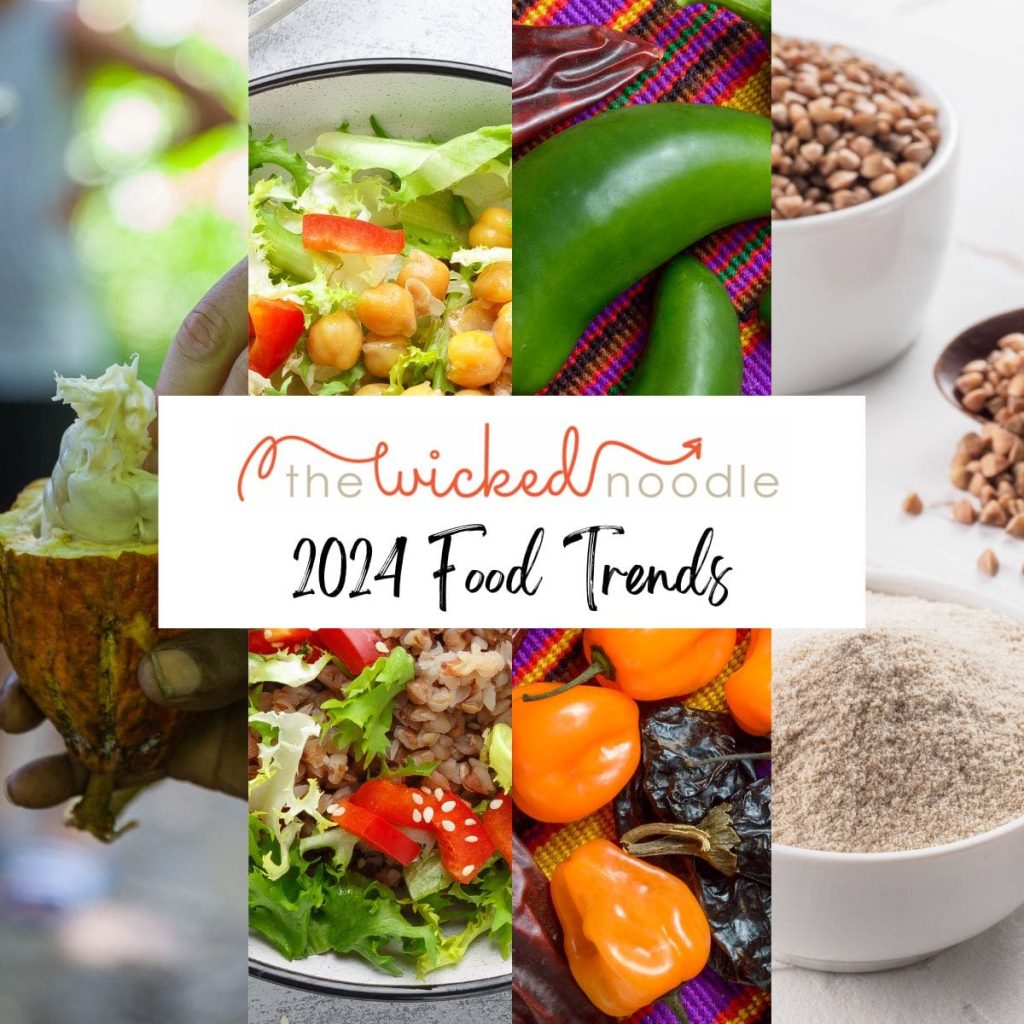

Food trends come and go like seasonal fashions, promising everything from effortless weight loss to instant energy boosts. But how much of this is real, and how much is hype? This exploration of the truth about food trends will help you separate fact from fiction, equipping you with the knowledge to make informed decisions about your diet. We’ll examine the various trends, assess their potential benefits and drawbacks, and provide actionable advice for maintaining a healthy and sustainable approach to food.
Unveiling the Reality Behind Food Trends
The Illusion of Instant Results
Food trends often promise quick fixes and dramatic transformations. However, many popular diets and trends fail to consider the long-term impact on health and well-being. A significant portion of today’s dietary trends are driven more by marketing than by sound scientific evidence.
The Impact of Social Media and Influencer Marketing
The Ripple Effect of Online Hype
Social media plays a huge role in shaping food trends. Influencers often promote products and diets without thorough scientific backing, creating a culture where the allure of immediate results overshadows balanced nutrition. This can often lead to unrealistic expectations and potentially harmful consequences for vulnerable individuals.
Examining the Scientific Basis of Popular Diets
Unveiling the Truth Behind the Hype
Many trendy diets claim to offer miraculous benefits. While some dietary approaches might offer potential benefits, it’s crucial to distinguish between scientifically-backed practices and unfounded claims. Look for evidence-based advice and resources from reputable sources such as registered dietitians.
The Dangers of Restrictive Diets
Understanding the Risks of Extreme Dietary Changes
Restrictive diets, often promoted as quick weight-loss solutions, can be detrimental to overall health. These drastic changes can lead to nutrient deficiencies, mood swings, and long-term health problems. Consult with healthcare professionals before making significant dietary modifications. Consider that prolonged, unsustainable approaches can set you up for significant problems.
The Importance of Sustainable Eating Habits
Prioritizing Long-Term Well-being
Instead of focusing on fleeting trends, prioritize sustainable eating habits that support your long-term well-being. A balanced diet rich in fruits, vegetables, lean proteins, and whole grains forms the foundation of a healthy lifestyle. Focus on gradual and sustainable improvements, and resist the temptation of quick fixes.
The Role of Food and Emotions
Connecting Food, Feelings and Well-being
There is a connection between food and our emotions. Many people turn to food when experiencing negative feelings or stress. Learning healthy strategies for emotional regulation can help to minimize the need for emotional eating.
The Importance of Personalized Nutrition Plans
Tailoring Your Approach
Every individual is unique, and what works for one person may not work for another. Consider consulting a registered dietitian for a personalized nutrition plan based on your specific needs and goals. A registered dietician or nutritionist can guide you towards a custom and realistic plan
The Role of Macro and Micro Nutrients
Understanding the Basics
A balanced diet considers the important role of both macronutrients (proteins, carbohydrates, and fats) and micronutrients (vitamins and minerals). A balanced intake of these key components will give you the best shot at a healthy lifestyle.
The Impact of Processed Foods and Additives
The Hidden Dangers in Packaged Foods
Processed foods and additives are prevalent in many modern diets. Excessive consumption can lead to a variety of health concerns and potential long-term health issues. Being conscious of what you eat and seeking out natural alternatives is a key to a healthy lifestyle. Read the labels and opt for foods with minimal processing whenever possible. Focus on whole foods that are as close to their natural form as possible. This includes fruits, vegetables, and other minimally processed foods.
In conclusion, understanding food trends is crucial for businesses and consumers alike. By critically evaluating the claims and considering the potential downsides, you can make informed choices. This article offered a breakdown of the truth behind popular trends. To stay updated on the latest reliable information, consider subscribing to reputable health publications or consulting with registered dietitians and nutritionists for personalized advice and to avoid any potential misinformation about healthy food practices. Don’t be swayed by fleeting trends; prioritize sustainable habits and genuine well-being.